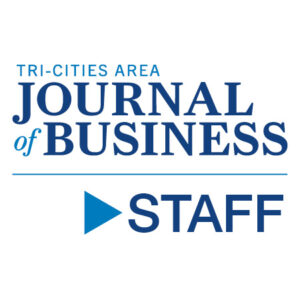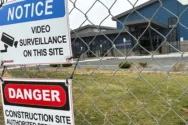
Home » BPA warns of possible rate increase due to low cash reserves
BPA warns of possible rate increase due to low cash reserves

BPA continues to maintain and improve the performance of the region’s valuable federal hydropower assets while making investments that benefit salmon. This includes work at Ice Harbor and McNary dams, operated by the Corps, which are essential to the delivery of dependable, carbon-free hydropower throughout Washington.
Courtesy BPAFebruary 14, 2025
The Bonneville Power Administration reports that it expects part of its operations to end the year with less than two months’ cash on hand and that could trigger an automatic power rate increase.
Blaming relatively dry winter weather and resulting low stream flows, BPA officials announced during a first quarter business review public meeting that they anticipate having net revenues of negative $44 million, far below the agency’s target of $70 million. Its Power Services division is anticipated to have only 50 days’ cash on hand by Dec. 31, which is below the agency’s 60-day lower threshold.
When financial reserves decline below established thresholds, the agency will automatically apply a surcharge to its rates at the beginning of the next fiscal year—which starts in October—to increase BPA’s financial reserves for risk to the target range.
“While there is a lot of uncertainty in BPA’s forecast for the rest of the year, with respects to the potential power surcharge, we are examining what financially prudent actions we can take to reduce the likelihood of a surcharge,” said Veronica Wittig, BPA’s acting chief financial officer.
A policy document provided by BPA to the Tri-Cities Area Journal of Business noted in its “Provisions for Increasing Financial Reserves” section, the agency would increase rates to collect $40 million per year to recover its reserves or “the amount needed to fully recover financial reserves up to the applicable business line lower threshold.”
BPA spokesperson Doug Johnson said the $40 million figure is a cap and could be less depending on the state of the agency's reserves.
"Most importantly, it is early in the year and a lot of factors can influence whether or not the surcharge will trigger," he said in a statement.
BPA provides more than a quarter of the energy used in the Pacific Northwest. Utilities serving the Tri-Cities and its surrounding communities receive anywhere from half to more than 80% of their power from the federal agency.
Latest News Energy
KEYWORDS February 2025
Related Articles
Related Products





